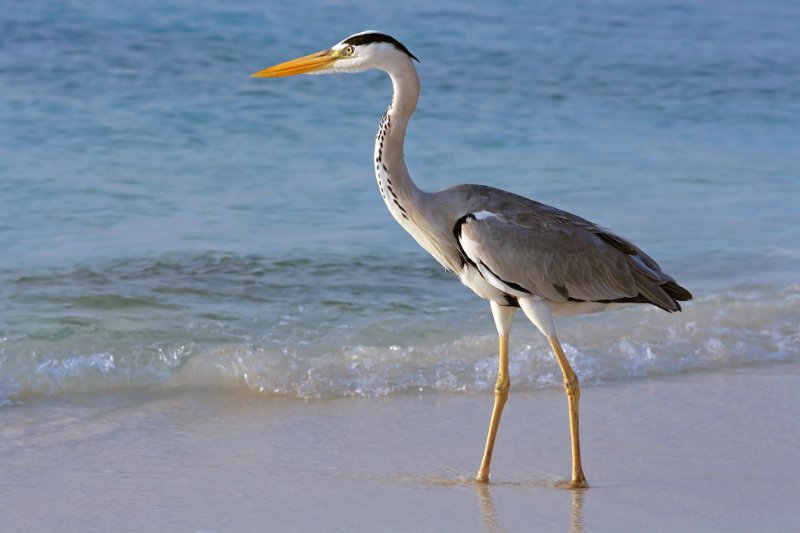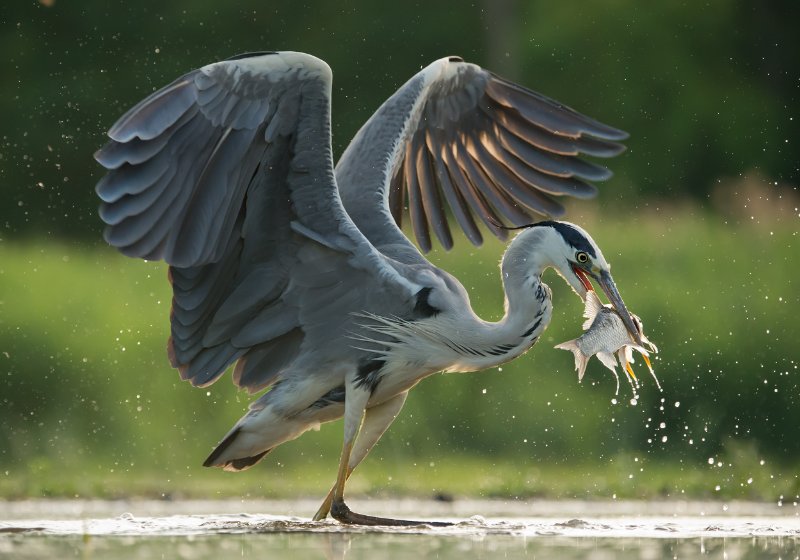“
If you’ve got a fish-stocked pond in your backyard, then you’ve probably caught sight of the beautiful blue heron. Although majestic, this bird can become an unwelcome guest when it starts treating your pond like an endless buffet. That’s where a heron deterrent comes into play.
A Peek at Heron Troubles
Epic confrontations aren’t only limited to homeowners. Picture this: an enclosure measuring about 6 feet by 6 feet, teeming with precious salmon fingerlings, just ripe for the taking. Before long, an opportunistic blue heron moves in, mercilessly gorging on these little swimmers.
That was reality in a Seattle marina some years ago. Since regular wire mesh couldn’t keep the stubborn bird away, a finer mesh was put in place. It was the perfect heron deterrent, keeping the fish safe and the heron frustrated.
Applying the Heron Deterrent Strategy at Home
Your home pond presents a unique case. Covering it with wire mesh isn’t the best idea as it hampers aesthetics. However, there are a few ways that can protect your fish and also double up as a natural heron deterrent.
Method 1: Fish Hiding Spots
- Buy commercially available caves and shelters.
- Use rocks to create a hiding haven for your fish – both aesthetic and natural.
- Furnish your pond with an abundance of plants for added refuge.
Method 2: Fake Herons
Did you know? Herons are territorial. So, another heron, albeit a fake one, can discourage others from trespassing.
Method 3: Welcoming Crows
Fascinating as it sounds, herons and crows don’t play nice. Crows harrying herons could be another unconventional heron deterrent, but attracting crows is a different story altogether.
Method 4: Using Scares
Be it a scarecrow, a noisemaker, or a water spray, anything that creates a fuss can prove to be a good heron deterrent. Let your creativity take the reins but remember not to disturb your next-door neighbors.
Method 5: Varied Mesh Options
The market has in store less visible plastic rings and netting that don’t need to cover every inch of your pond surface. Some lining along the edge can do the trick.
Of course, you can always enjoy the delightful sight of herons. Just remember, fishing over, they might not stick around.
Wish to explore more on birds? Check out our article on Bird Traps.
“

